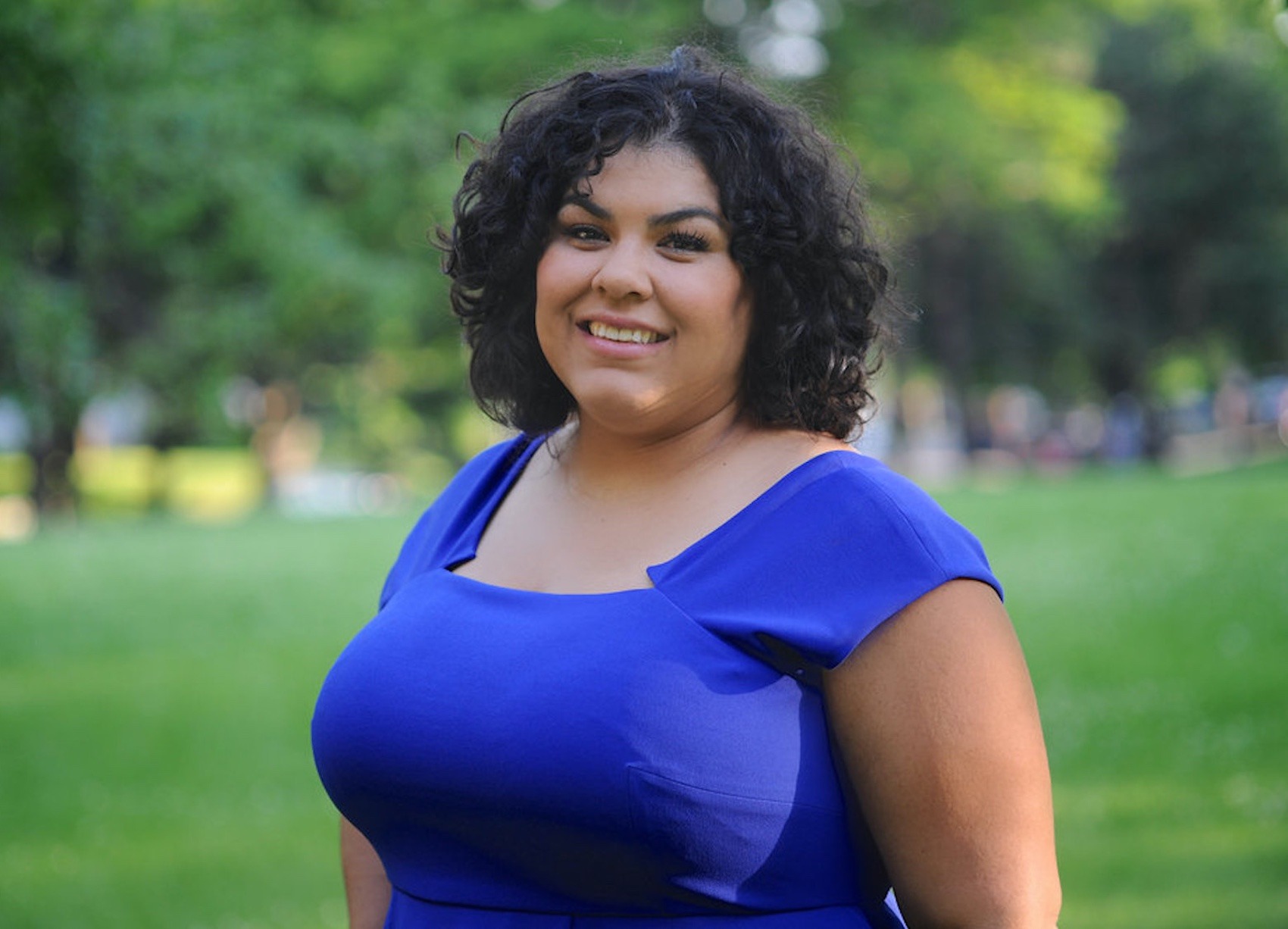Athena Hollins Wins Seat In Minnesota State House, Pledging To Fight For Broad Police Reforms
Hollins’s ‘very personal’ decision to run was sparked in part by the Trump administration ‘catching everything on fire.’ Now she wants to advocate for subsidized child care, police reform, and more.

Athena Hollins began her successful run for the Minnesota House seat representing the north side of St. Paul before the COVID-19 pandemic began, and before George Floyd was murdered by police in neighboring Minneapolis.
Her decision, she told The Appeal in October, “was really very personal,” and inspired in part from a belief that current legislators, including then-incumbent Representative John Lesch, weren’t enough to engage the community—“especially communities of color and lower income communities.”
Hollins’ decision was also inspired by the Trump administration. With the federal government “kind of catching everything on fire,” Hollins said she felt compelled “to be as active as possible” in her community.
Before COVID-19, and before the murder of George Floyd, Hollins said her campaign’s first focus was on the need for subsidized childcare. While that focus has “fallen off a bit,” she said, “there are still some things I would love to see,” including legislation to supplement the cost of childcare.
“Honestly, if we care about children and we are worried about educational discrepancies as they get older … we know that early childhood care and early childhood education is something that is so impactful as we move forward,” Hollins said. In addition to subsidizing childcare, Hollins hopes to advocate for legislation to create a police misconduct tracking system, increase accountability for “predators in the housing market,” and increase both the availability of mass transit and account for the gentrification that can take place when some kinds of mass transit are constructed in different neighborhoods.
Hollins is one of four progressive challengers who defeated incumbent Democrats in the August primary. (In Minnesota, the Democratic Party is known as the Democratic-Farmer-Labor party.)
“I’m honored to have been chosen to serve the people of 66B at the Minnesota Legislature. We’ve got a lot of work ahead of us, not just in tackling the COVID crisis and rebuilding our economy, but in fighting for environmental justice, racial justice, and affordable housing,” Hollins said in a statement.
While Hollins supports reallocating police funding to social services, she doesn’t want to stop there. In addition, she’d like to see her state create a statewide tracking system for both proven and alleged instances of police misconduct.
“It’s too easy for police officers to behave badly in one city and simply leave that department and get rehired in the city right next door,” she said. “Frankly, that’s something we should be looking at on the federal level also, because there’s too much movement between officers from state to state, where there is very little accountability for bad behaviors that have happened previously.”
In June 2019, The Pioneer Press reported that, in Minnesota alone, arbiters reversed at least 46 percent of police terminations between 2014 and May 2019. Nationwide, according to the report, factors including the lack of a nationwide database tracking misconduct, smaller forces knowingly hiring officers who have been fired for previous misconduct, and the ability to successfully appeal a firing decision makes it relatively easy for violent police to either retain their current jobs or move to new ones.
Hollins also has her eye on her area’s housing situation. The lack of affordable housing is one of the driving forces behind the glaring racial disparities in income and employment. The median rent in St. Paul is $1,001 and the median home costs just more than $240,000. At the same time, the median Black family income in Minneapolis-St. Paul is $38,178—less than half the median white family income of more than $84,000. In the district Hollins is running to serve, more than 40 percent of district residents spend more than 30 percent of their income on housing costs, according to the Census Bureau.
In addition to strategies including accountability for “predators in the housing market” and statewide investments in mixed-income, multi-family housing, Hollins said more attention should be paid to the effect of public transit on housing.
“We’re kind of in this dead zone for buses,” Hollins said of the lower-income, diverse neighborhood in which she lives. “If I want to catch the bus in either direction, I’m having to walk a mile.”
Even the availability of some kinds of mass transit can have a negative effect on a community. As the result of light rail being constructed in St. Paul’s Rondo community, Hollins said, “a number of families that live there can no longer afford to live” in the traditionally African American community, either because of rising home prices or because of rental properties being sold because light rail has made the neighborhood more desirable.
One assumption that Hollins doesn’t accept is that she and Minnesota’s other progressive legislative newcomers are riding the wave of a demographic shift toward “young progressives who are fly-by-night candidates.”
“What happened in Minnesota was not a demographic shift,” said Hollins, who defeated Lesch in the primary by more than 20 percent. “It’s not that we have more people of color, or more young people who are voting. … We’re looking at [voters] who are really tired of the status quo and tired of the current political system as it stands.”
“I think what we’re really seeing is a shift of folks who want to be excited, and they want to be engaged, and they want to be organized, because if the current federal government and the Trump administration has shown us anything it’s that we’d need to be organized, engaged, and present,” she added.
